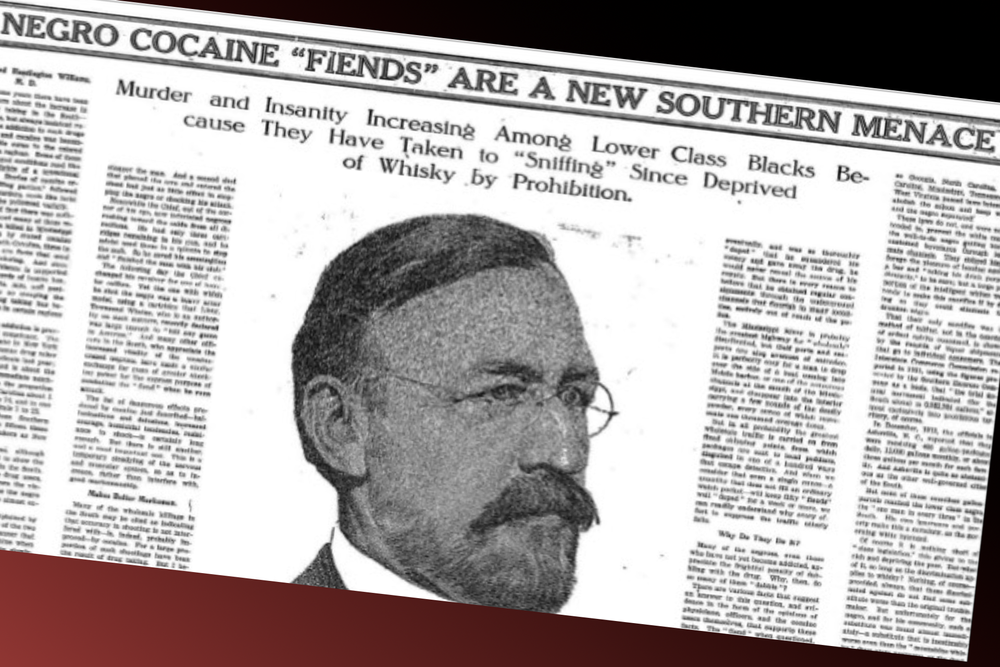
A case study on Baltimore media's racist portrayal of drug users
The Baltimore Sun has published a series of articles about the city's overdose crisis. Yet a racist narrative is woven into the pieces, continuing a decades-long trend of racist media coverage.
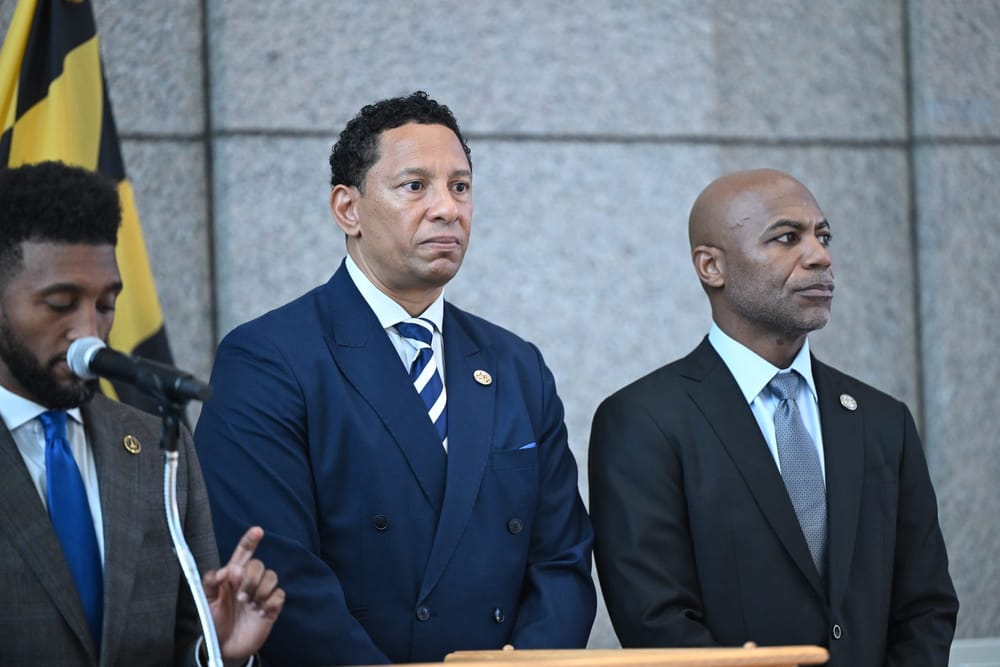
Ivan Bates, a drama-loving drug warrior, must be primaried from the left in 2026
By fanning the flames of the drug war and repeatedly embroiling himself in drama with other elected officials, State's Attorney Ivan Bates has shown himself to be unfit for office.

Baltimore Drug Users Want Safe Supply, Know How It Should Look
Researchers based in Baltimore and Canada surveyed 300 city residents who had injected drugs in the past year, most of whom continued to do so.
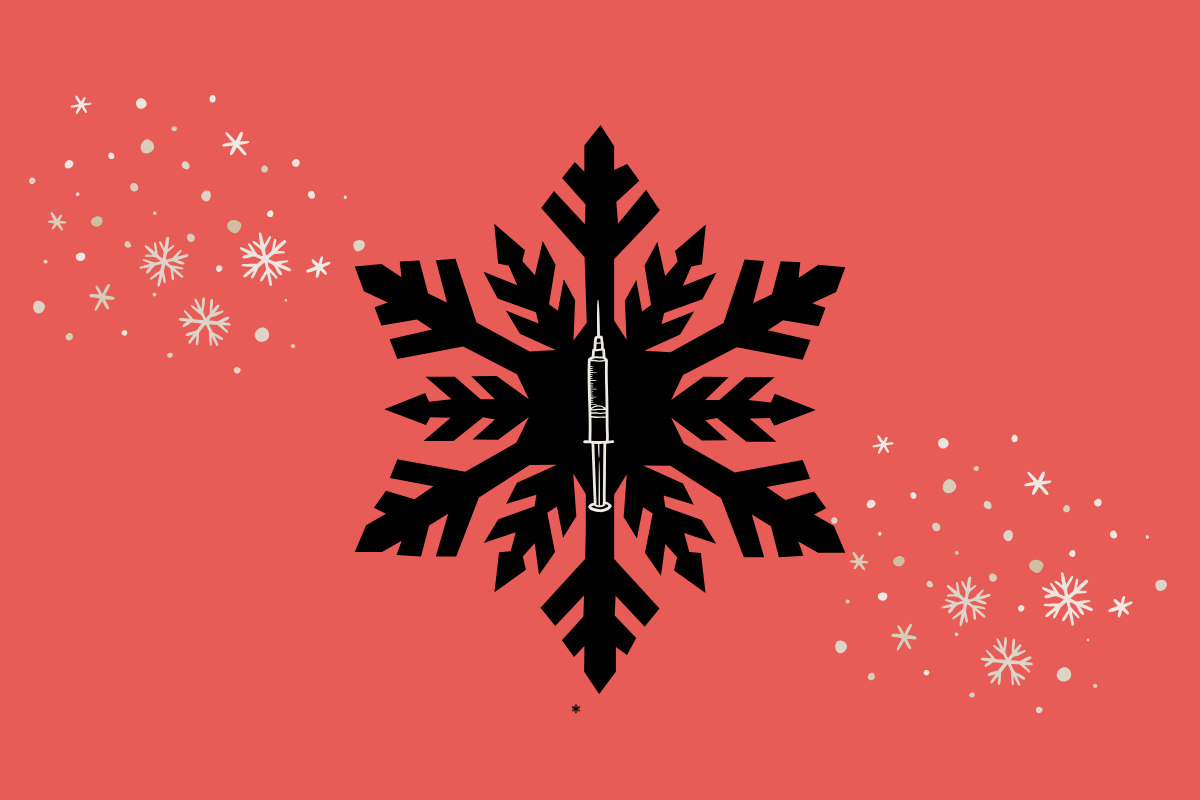
You don't have to be sober for the holidays — but use safely
Whether you're sober or a drug user, have a good time this holiday season. Just be safe while you do it.
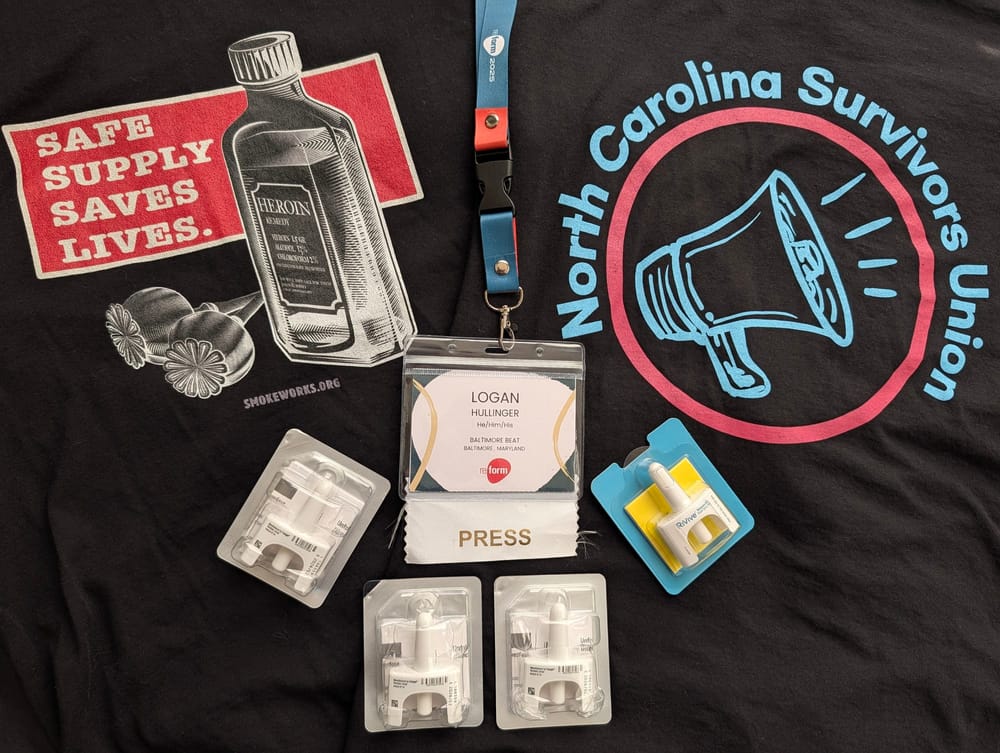
The harm reduction movement is facing an uphill battle, but there is power in numbers
The people we've lost have energized a movement that will not stop until the drug war takes its final breath.
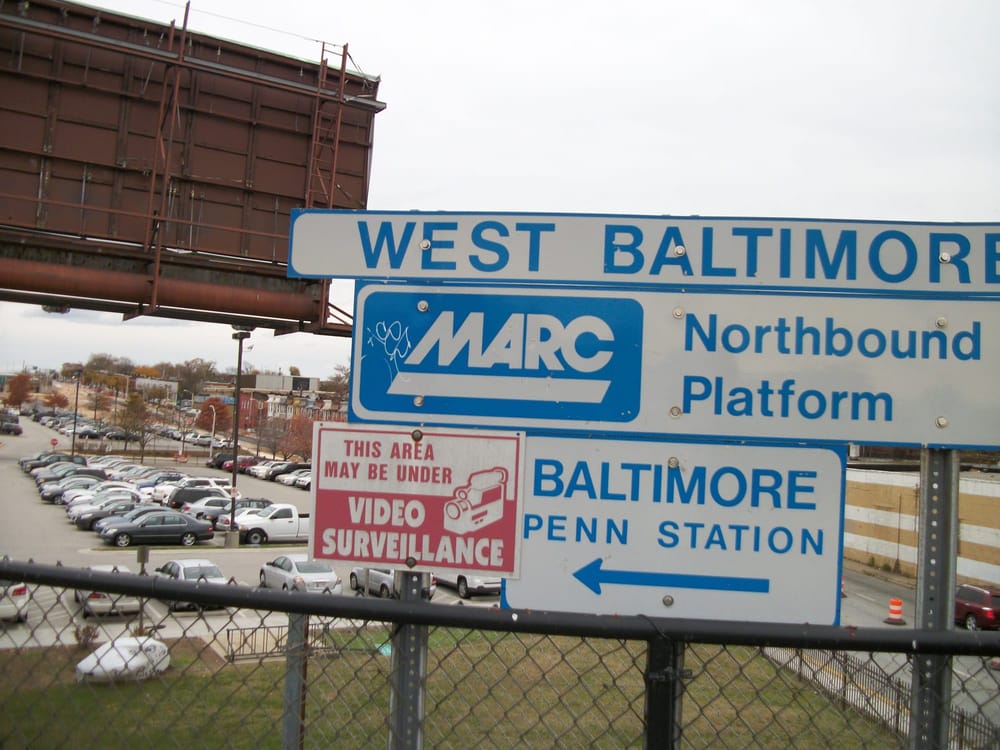
Baltimore media outlets may be exacerbating an already unprecedented overdose crisis
Experts say stigmatizing language and hasty coverage in Baltimore have spread misinformation and steered a city struggling with the overdose crisis away from public health response and toward fear-driven police crackdowns.

If you're reading this, I'm on 'vacation'
Contrary to what people may think, I've been working pretty hard recently. So, I'm taking some time off. Catch you later.
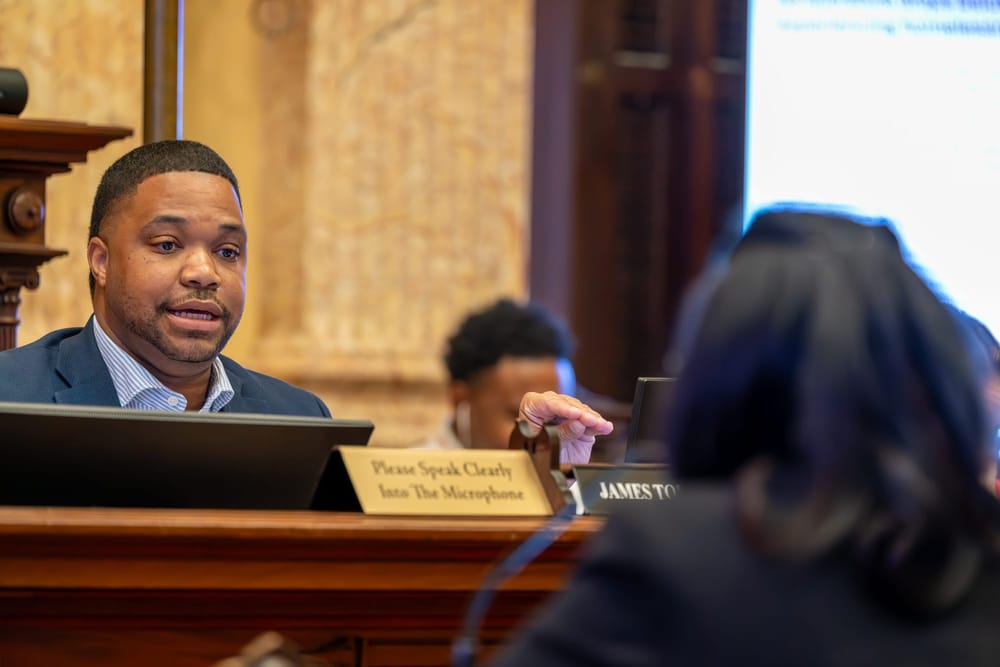
Councilman, advocates press homeless services director over shelter conditions and housing policies
The agency is operating with just eight outreach workers as more than 2,000 people in Baltimore are unsheltered on any given night, 70% of whom are Black, according to the city’s 2025 Point-in-Time count.

Why does it take a crisis for people in power to step up?
The federal government shutdown has hampered services that are critical to at-risk populations, leading to local officials investing in additional aid for those in need. It shouldn't take a crisis for these things to happen.
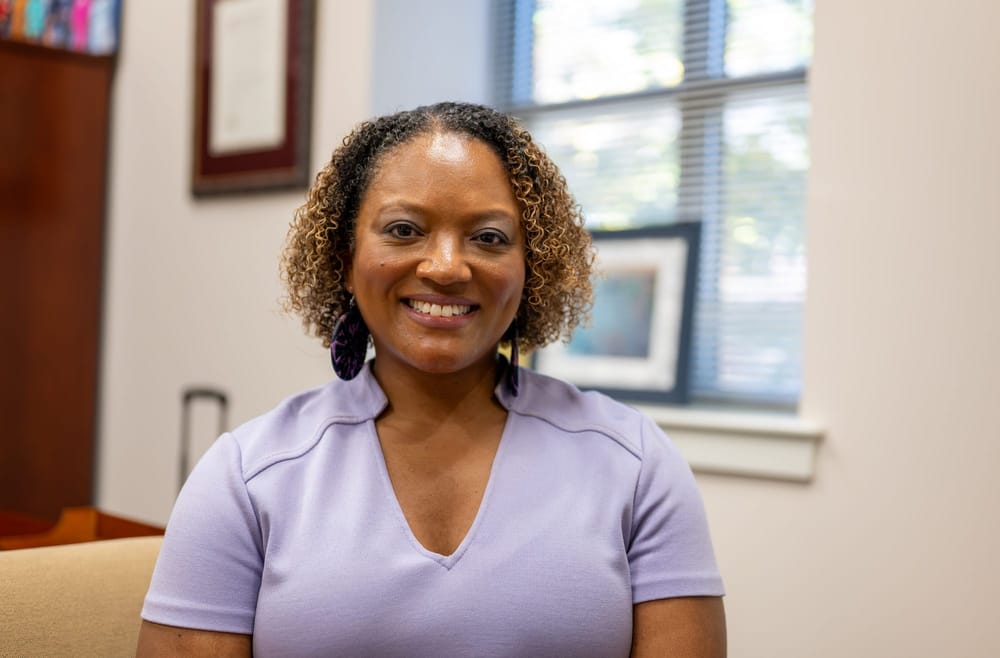
Baltimore’s New Health Commissioner Wrestles With OD Crisis—and Trump
“I want to be compassionate,” Taylor said. “But does being compassionate mean that we are not going to be able to maintain our levels of federal funding, where we need to do all of the other services that we need to do?”
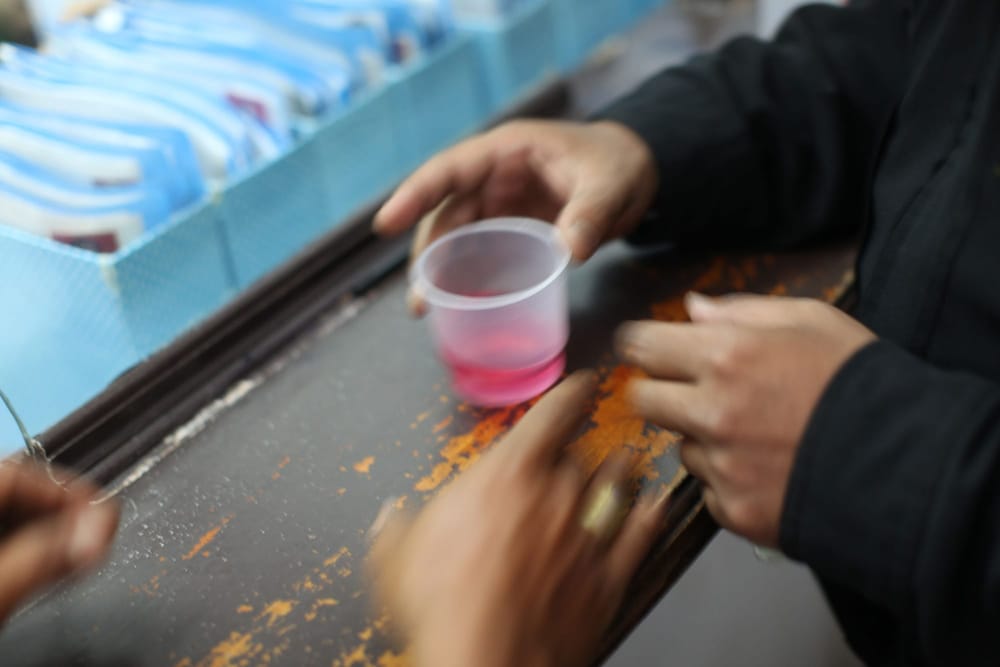
Opposition to methadone clinics is a deadly concession to Baltimore's NIMBYs
If NIMBYs have a problem with methadone clinics, they should be advocating for drug policy reforms that would make the life-saving medication easier to access.
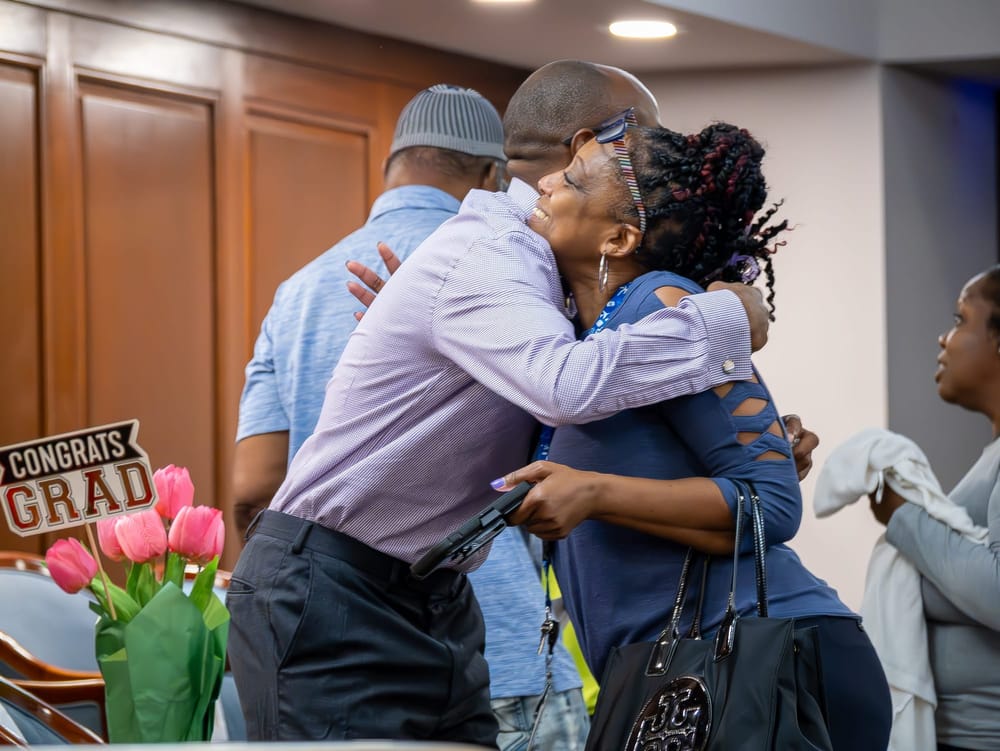
Baltimore's attempt to treat drug users with compassion still centers courts and cops
For more than 30 years, judges and elected officials have heralded Drug Court and other diversion programs as a compassionate way to offer drug users quality care rather than incarceration. For some, they’ve failed.


